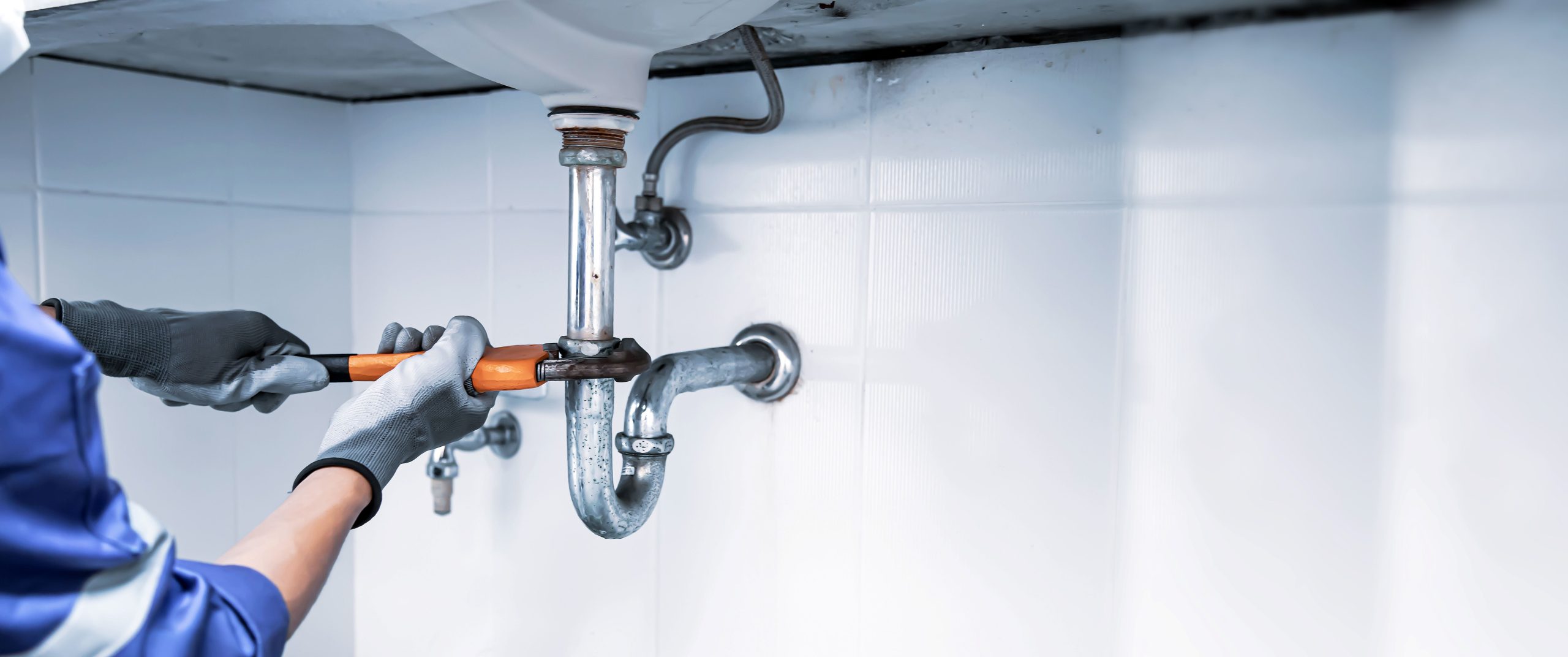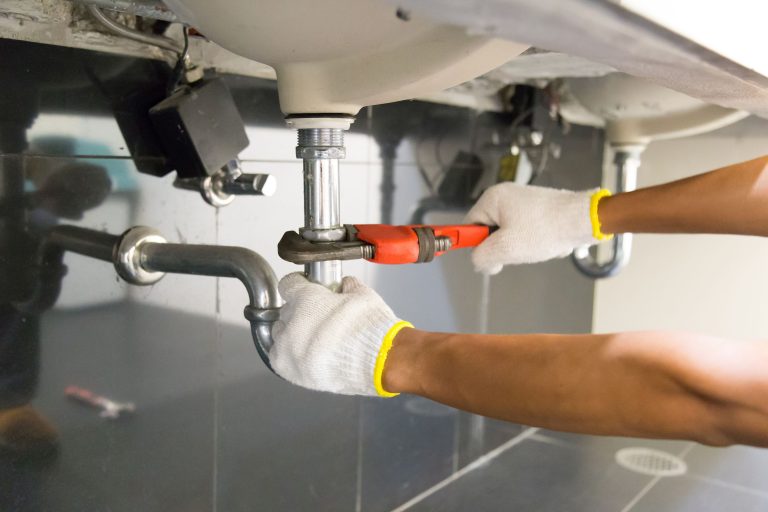Maintaining your plumbing is vital for preventing water damage to your property. Fortunately, not every plumbing maintenance requires a professional. For instance, you do not need a specialist to help you effectively use a garbage disposal. These are minor things a homeowner can do to ensure their plumbing remains functional.
Plumbing maintenance protects your property from water damage and saves you money. When you immediately attend to issues like leaks and clogs, you prevent problems from developing into costly repairs. For this reason, hiring professional plumbers to handle complex plumbing issues is vital before they become a nuisance.
If you reside in Melbourne, then it would be best for you to work closely with plumbing experts in Australia. They can provide long-term solutions to help you save money on plumbing repairs. Meanwhile, you can also use this homeowner’s guide to plumbing maintenance.
Attend To Leaks
Leaking pipes and faucets are common in most homes. Unfortunately, many homeowners overlook them, especially if they appear insignificant. Unfortunately, even the tiniest leak can quickly add up to a significant amount of water going down the drain.
It’s vital to note that minor leaks get worse with time. If you fail to attend to them early enough, they might become emergencies that could cost you a lot. For example, leaks can lead to mold, mildew growth, and wood rot.
If you want to discover a leak in your plumbing system, you should stop using any water for at least two hours. Then, check your water meter before and after you stop using the water. If there is a discrepancy between the meters after two hours, it means there’s a leak.
At this point, look if there are any visible signs of water leakage. If there aren’t, consider hiring a professional plumber to find the source of the leak. Remember that water leaks may occur behind the walls or in inaccessible areas.
Use Garbage Disposal Carefully
Suppose your kitchen has a garbage disposal. In that case, you should use it carefully. While you may dispose of most food waste in a garbage disposal, there are certain exceptions. Some things you shouldn’t put down on your garbage disposal are:
- Potato peels
- Bones
- Coffee grounds
- Nuts
- Fruits peels
- Rice, pasta, and bread
- Eggshells and onion skin
It is essential to note that tough food can damage garbage disposal blades. In addition, some items like pasta, rice, and bread might cause clogging in the pipes. Therefore, you must watch out for things entering your garbage disposal to avoid severe plumbing issues.
Clean The Drain
Many people need help understanding the difference between drain-cleaning with clearing. Drain clearing refers to getting rid of debris in the pipes. For example, if your home experiences low water pressure, it indicates there might be an obstruction between the plumbing system and the main line. In such a case, you must clear your drain to ensure water pressure returns to normal.
Tools and methods used to clear drains depend on the type of clog and its severity. The location of a clog is also a factor in determining the necessary equipment and removal method.
On the other hand, drain cleaning is complex. With this process, professionals might use several tools, including hydro jets, to flush the pipes thoroughly. If the clog in your plumbing causes drains to back up or drain slowly, drain cleaning might be the best option. However, it would be best to consider hiring professionals to assess the issue and provide the necessary solution.
Assess Corrosion
Plumbing corrosion is among the leading causes of leaks. Therefore, a homeowner should routinely inspect their pipes for corrosion. To assess whether a pipe is corroded, look for green spots around brass or copper fittings and shutoff valves. Also, indicative of corrosion on steel pipes are orange and yellow spots.
If you observe any indications of corrosion, consult a reputable plumber for guidance on the next steps. If the pipes are damaged, your plumber will replace them for a long-lasting solution.
Check Your Sump Pipe
A sump pump directs water away from your home foundation to protect it from water damage and flooding. That said, ensuring the sump pump remains in good condition is vital. If your sump pump is damaged or not working efficiently, consider replacing it.
Ensure Your Septic Tank, And Sewer Lines Are In Good Condition

Regular sewer and septic tank maintenance prevent sewage backup. According to experts, a septic tank should be professionally pumped after every three to five years. However, the frequency depends on the size and the number of users.
On the other hand, a sewer line requires professional cleaning every two years. Nevertheless, the time you wait before cleaning the sewer line is based on the state of the line and the substances flushed through it.
Insulate Your Pipes
Under freezing temperatures, your plumbing will likely experience severe damage. So, it’s vital to protect your pipes and prevent them from bursting. Insulate all pipes in cold areas like the garage and basements to keep them safe from freezing.
Conclusion
Plumbing is the most vital aspect of your home. Thus, ensuring it’s in good condition to protect your home from water damage or sewage backup is vital. Fortunately, maintaining your plumbing is manageable. All you need is to prevent debris from accessing your drains, insulate the pipes in cold seasons, and check for leaks, among other things. If you’re looking for ways to keep your plumbing in perfect condition, consider the above-provided tips.

